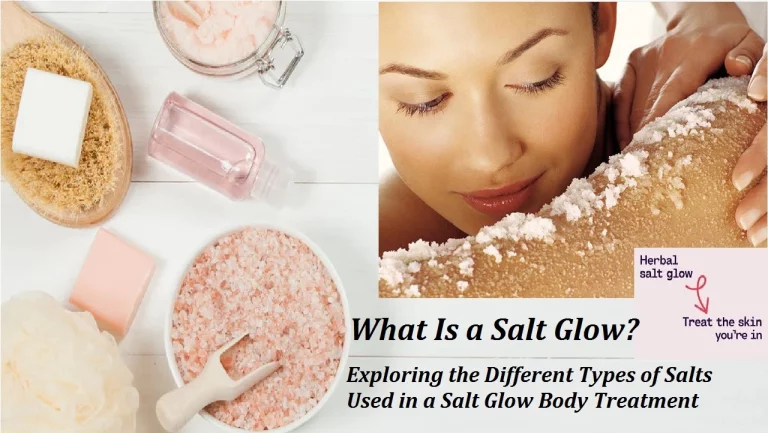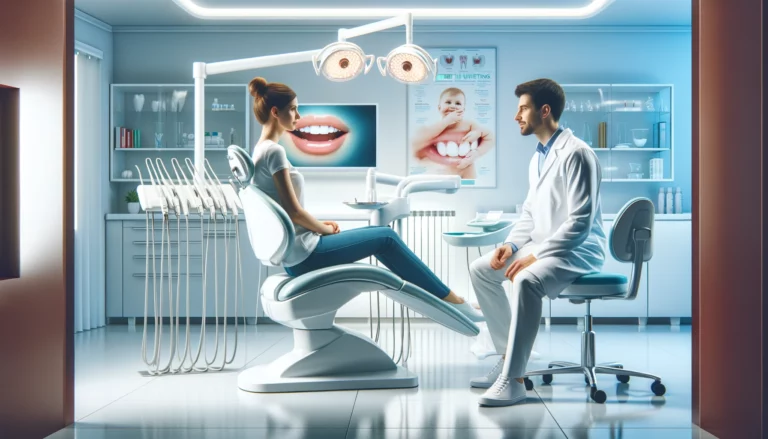The Truth About Healthcare: Debunking 8 Common Myths
Are you feeling overwhelmed by all the misinformation circulating on healthcare? There’s so much noise out there that it’s difficult to separate fact from fiction. Whether you’re a concerned parent, an unsure patient, or just someone wanting more accurate information about health-related topics, this blog post is exactly what you need! Here, we will be busting eight of the most common healthcare myths to help provide clarity and give readers access to reliable information they can trust. Please keep reading for valuable insights into some of the basic facts behind many complex topics, and join us as we shed light on these commonly misunderstood misconceptions!
Myth 1 – Vaccines cause autism
As more and more people become exposed to medical information, the myths surrounding healthcare continue to come to light. Myth number one is that vaccines cause autism. This myth has persisted for years, and medical experts and researchers again and again debunk it. Studies have shown that vaccines do not cause autism. In reality, research has found that the age when a child first receives a vaccine, and the occurrence of autism do not coincide. Additionally, even among children who are not vaccinated, the rate of autism remains the same, according to Public Health England. Therefore, parents can be confident that vaccinating their children against common childhood illnesses is not putting them at risk for autism.
Myth2- Getting Medicare is a bad idea

Many myths surrounding healthcare can discourage people from making the best decisions for their health and financial well-being. One of the most persistent myths is that signing up for Medicare is terrible. This assertion is entirely inaccurate! Medicare stands as a federal health insurance initiative encompassing an extensive array of medical services and therapies. For seniors and individuals with disabilities, Medicare represents a crucial instrument for handling healthcare expenses and guaranteeing the availability to essential treatments. Hence, it’s imperative not to allow misconceptions to obscure your decision-making. Dedicate time to research and attain accurate information regarding Medicare. .
Myth 3 – Supplements are a substitute for a healthy diet
When it comes to living a healthy lifestyle, many myths and misconceptions can do more harm than good. One of the most common myths is that supplements can substitute for a healthy diet. Unfortunately, this is not true. While vitamins and supplements can play a helpful role in supporting overall health, they cannot fully replace the benefits of a balanced and nutritious diet. Many supplements can be harmful when taken excessively; some may even interact negatively with certain medications. So, instead of relying solely on supplements, building a well-rounded, nutrient-dense diet that includes plenty of fresh fruits and vegetables, lean proteins, and whole grains is essential.
Myth 4 – Going to the doctor is expensive and unaffordable

The cost of healthcare can be a daunting prospect for many individuals. However, the belief that going to the doctor is unaffordable is a common misconception. Healthcare expenses can add up quickly, but options are available for those who might be struggling to afford medical care. For instance, many hospitals and clinics offer financial assistance programs for individuals who cannot fully pay their medical bills. Additionally, it is essential to consider preventative care to avoid more expensive healthcare costs down the road. By scheduling regular check-ups and addressing health concerns promptly, individuals can avoid expensive treatment options and maintain good health.
Myth 5 – You can’t get healthcare if you’re unemployed
Amidst the uncertainties of the pandemic, there have been plenty of myths floating around related to healthcare. One such myth is that unemployed individuals are unable to receive healthcare. This notion couldn’t be further from the truth. Low-income households and those without a job can qualify for Medicaid, which provides health coverage https://www.medisupps.com/medicare-supplement-plans/medicare-supplement-plan-f/medicare-plan-f-vs-plan-g . Moreover, the Affordable Care Act offers subsidies to individuals with income levels within a specific range. Those who lose their jobs and employer-sponsored plans can opt for COBRA coverage. Therefore, being unemployed does not disqualify you from receiving healthcare. It’s essential to bust these myths to ensure everyone has access to the medical attention they need, especially during uncertain times.
Myth 6 – All doctors are equal in terms of the quality of care provided

It’s a common misconception that all doctors are equally skilled and provide the same level of quality care. The medical field is vast and diverse, with different specialties, training, and experience levels. It’s essential to consider the doctor’s education, certification, and experience in treating your specific health conditions. Additionally, patient satisfaction ratings and feedback can provide valuable insights into the doctor’s quality of care. Refrain from falling for the myth that all doctors are the same; take the time to find the right medical professional who can best meet your healthcare needs.
Myth 7 – Healthcare is only needed when you’re sick or injured
One of the myths that often circulates about healthcare is the idea that it’s only necessary when you’re feeling under the weather or have suffered an injury. However, this couldn’t be further from the truth. Healthcare is crucial in preventative medicine, including annual check-ups, immunizations, and routine screenings. Healthcare also includes mental health support, essential for maintaining a healthy life. So, don’t wait until you’re sick or injured to seek medical attention — prioritize your health and well-being by taking advantage of the healthcare system.
Myth 8 – Only wealthy people can afford quality healthcare

One of the biggest misconceptions about healthcare is that only wealthy people have access to quality medical care. However, this couldn’t be further from the truth. Thanks to government initiatives and healthcare reforms, medical facilities have been made available to people from all walks of life. Hospitals, clinics, and private practices offer financial assistance programs to low-income individuals, allowing them to receive proper treatment without breaking the bank. Additionally, Medicaid and Medicare programs have uplifted the health status of millions of people who wouldn’t have received care otherwise. Thus, the idea that quality healthcare is inaccessible to everyone except the rich is a myth that must be busted.
Conclusion: It is clear that while there are many healthcare-related myths, they are not always accurate, and it is essential to understand the facts behind them properly. Healthcare can be complex, and these myths only add to the confusion, but that doesn’t mean they should be accepted as truth without question. Next time you hear something about healthcare, take the time to research what is being said so you can make the best choice for your health






